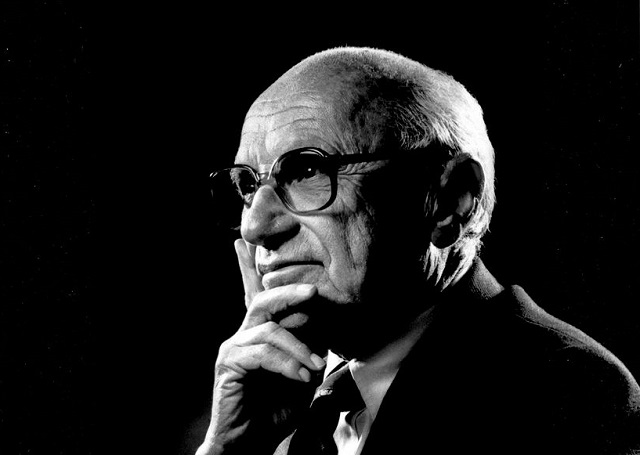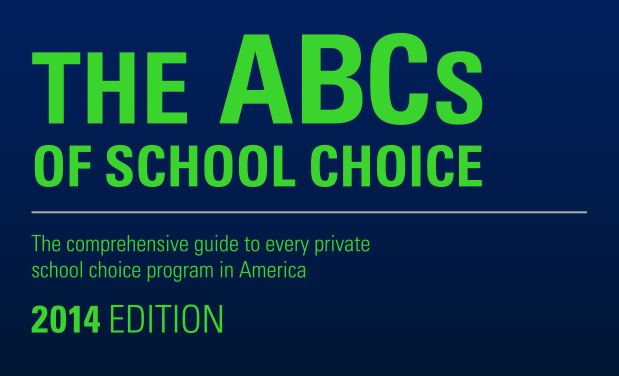In a new Friedman Foundation report, Dr. Dick Carpenter writes, “I used survey data from the Cooperative Congressional Election Study (CCES) to examine several specific questions about public opinion and school choice.”
- Is there a significant difference in support for choice based on reasons for school choice? (“Reasons” were defined as increasing equality, introducing competition, or facilitating freedom.)
- Is there a significant difference in levels of agreement with reasons for school choice?
- Which type of choice enjoys the strongest support?
- How does a policy of school choice compare to other reform initiatives in their perceived efficacy for school improvement?
Noticeably absent is a type of question frequently addressed in other school choice survey research: Are there differences in support for choice (specifically vouchers) based on personal characteristics like political party affiliation or race/ethnicity?
The absence of this type of question was entirely intentional. There are numerous fine survey studies done on a regular basis that report just this information. What use is one more?
But curiosity being what it is, I peeked into the data to see if there were, in fact, any such differences, beginning with political party (Democrat, Independent, and Republican). Our survey in the CCES had not one but four different questions related to vouchers.
The first question asked about vouchers as a form of school improvement or reform. Republicans were more likely than Independents to think vouchers would be effective as a form of improving education, and Independents were more likely than Democrats to think so. All comparisons were statistically significant.
The second question asked about support for “universal” vouchers available to all families. The results were similar to the question above, although there was no significant difference between Democrats and Independents.
The third question asked about support for vouchers only for children from low-income households (i.e., “means-tested” vouchers). Here, support was reversed, with Democrats showing the most support, followed by Independents and then Republicans. Only the difference between Republicans and Democrats was significant.
The fourth question asked about support for vouchers only for children with special needs. The support levels were similar in pattern to the means-tested voucher results, but the differences between the three groups were not statistically significant.
Turning to race/ethnicity, subjects were identified as black, Hispanic, white, and “other,” the latter of which included groups such as Asian and Pacific Islander whose numbers were too small to analyze separately.
For the first question (voucher as reform), Hispanics showed the greatest agreement, followed by “other,” whites, and then blacks. None of the differences between groups were statistically significant.
On the second question—universal vouchers—the greatest support was among blacks, followed by “other,” whites, and then Hispanics. Again, none of the differences was significant.
On the third question, means-tested vouchers, “other” showed the greatest support, followed by blacks, then Hispanics, and then whites. Only the differences between whites and blacks and whites and “other” were significant.
Finally, for the fourth question (vouchers for children with special needs), “other” showed the greatest support, followed by blacks, Hispanics, and then whites. None of these comparisons was significant, however.
Sometimes simple curiosity can lead to new and interesting discoveries, and other times not so much. Anyone who pays even mild attention to politics could have predicted differences in support for vouchers based on political party affiliation. But the lack of significant differences based on race/ethnicity contrast with prior survey work that has found significant differences.
These are, of course, simple analyses. A more sophisticated approach might find significance where at first glance there appears to be none. Curiosity being what it is, future research might do just that.
ABOUT DR. DICK CARPENTER
Dr. Carpenter is a professor of leadership, research, and foundations at the University of Colorado Colorado Springs (UCCS) and a director of strategic research at the Institute for Justice.









 In 1962 Milton Friedman, with his wife Rose, wrote
In 1962 Milton Friedman, with his wife Rose, wrote